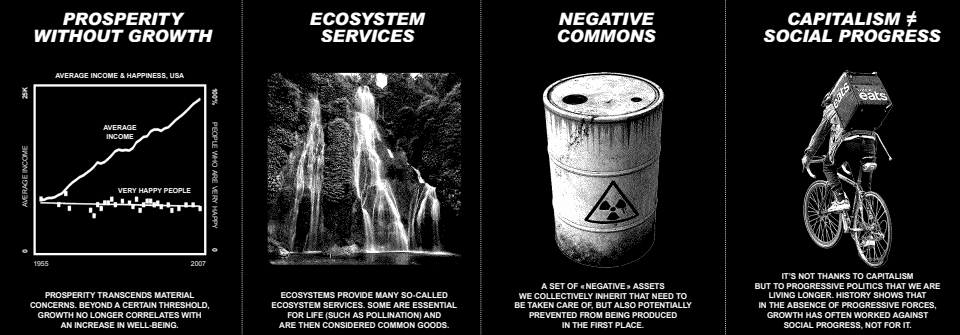Two great articles in The New Atlantis 2021 spring issue:
“Scientific “objectivity” emerges not from the unique cognitive qualities or neutrality of researchers but from their critical engagement with each other’s work…. Though the political harms of misplaced certainty are now much discussed, we only hear about one side of the equation. The trouble always seems to be with “conspiracy theorists” who fail to face up to reality, to scientific fact. But the relationship of “debunkers” to certainty is not all that different… Conspiracism and scientism are jointly preoccupied with certainty. They enjoy a fantasy in which experts are uniquely able to escape the messiness of politics, discern the facts plain and simple, and from their godlike viewpoint turn back to politics and dispense with it. Both seduce members of open, uncertain societies with the promise of a more simply ordered world… ”
Read more: The Danger of Fact-ist Politics.
“What “follow the science” has amounted to, ultimately, is a shifting of agency for decision-making onto scientific and bureaucratic bodies like the CDC and the WHO, while obscuring the fact that the decisions to be made remain fundamentally political … The “science” that politicians have claimed to follow rarely resembles the centuries-old process of making informed guesses, testing hypotheses, assembling data, and asking new questions in an effort to teeter toward the truth. It is rather a void at the center of technocratic politics into which leaders cast their responsibility.”
Read more: The Cop-Out of “Follow the Science”.








